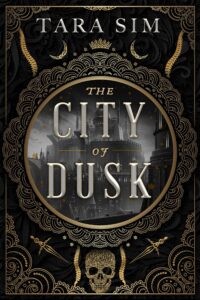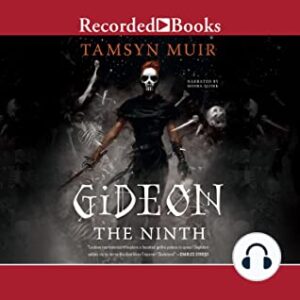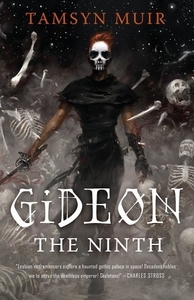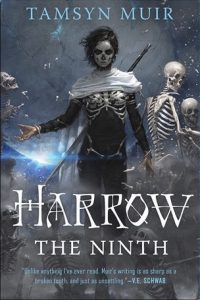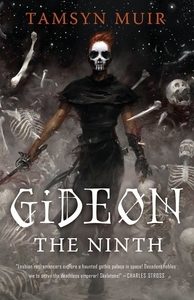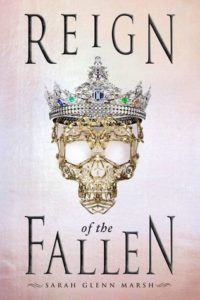Tara Sim’s The City of Dusk has been on my to-read list for a while now, and with the second book in the series—The Midnight Kingdom—having just come out, now seemed a great time to get around to it.
This dark fantasy novel follows the four heirs of the noble houses of Nexus: Taesia, Risha, Angelica, and Nikolas. The members of each house are descendants of one of the four gods, who have left them behind and sealed their own realms behind a barrier. This event, known as the Sealing, has left the world in a dire state—it is slowly dying without access to the other realms, and as such, the heirs are desperate to find a way to break the barrier and reopen the portals. As if that wasn’t enough trouble, Nexus’s king has no heir and is expected to announce the heir of one of the houses as the next ruler.
The heirs themselves are both the book’s greatest strength and its greatest weakness. While each of them has a distinct personality and unique ambitions and are all a delight to read—despite some of them being morally dubious, at best—the book simply does not have enough time to spend with all of them. Taesia is clearly the favorite: she gets the most screen time, and her character arc is the most complicated and most complete. I frequently found myself wanting for more time with the others, especially Angelica, who was my personal favorite but probably has the least amount of writing. This disparity extends to the protagonists’ supporting characters, as well: Taesia’s sister is an important character who shows up often and even has her own POV section. By contrast, Angelica’s apparent romantic interest is barely around at all—there was an intense emotional section later in the book that was undercut somewhat by the fact that I genuinely forgot who this person was.
Speaking of romantic interests, though, I do love an ensemble cast where every member is some manner of queer, and that does seem to be the case in The City of Dusk. Taesia and Nikolas both express interest in men and women, Angelica has multiple intimate scenes with other women, and I believe Risha is asexual. These identities don’t play a major role in the story, however, so don’t go in expecting any romance.
By far my favorite part of this book was how downright furious the female leads are. I feel like fiction doesn’t allow its female characters to be genuinely angry outside of emotional climaxes, but that is decidedly not the case in The City of Dusk. Taesia and Angelica—and Risha, but to a lesser extent—are upset at their circumstances, at their families, at the political machinations of the people who have power over them, and at the gods themselves, and the story does not shy away from letting them show it. I would not say that any of them handle their anger particularly well, but they are allowed to feel it and show it and own it, and it’s incredibly satisfying to read. I found myself cheering them on even when they were making objectively awful decisions, because it was just impossible to not empathize with that level of righteous fury.
It feels weird to say that a book with a word count of 150k could have been longer, but that was the feeling I was left with by the end of it. The plot progresses at a very rapid pace, which is great for maintaining interest—something that I find a lot of political fantasy really struggles with—but it doesn’t leave enough breathing room for the characters to just exist.
The final act of the story is especially hectic. There are at least five different schemes that all come to a head in the same climax, and the action gets really confusing. This was probably exacerbated by the fact that my ebook did not show any breaks between POV shifts mid-chapter, and I don’t know if this is true of a physical copy, but it still felt like there was a little too much going on. There were several twists involving characters that barely showed up in the story before the end, and it didn’t feel like many of them were foreshadowed particularly well. I’m willing to give it a little more leeway as it’s the first of a trilogy and is setting up the sequel, but it’s still kind of messy.
Complaints aside, however, The City of Dusk still managed to captivate me all the way through. The characters really drive this story forward, even if they left me wanting just a little. I’m still very much excited to get my hands on The Midnight Kingdom as soon as I can.
Content Warnings: a good amount of violence and gore but honestly not too extreme for dark fantasy barring one especially brutal scene involving cannibalism, some suicidal ideation, loss of bodily autonomy

